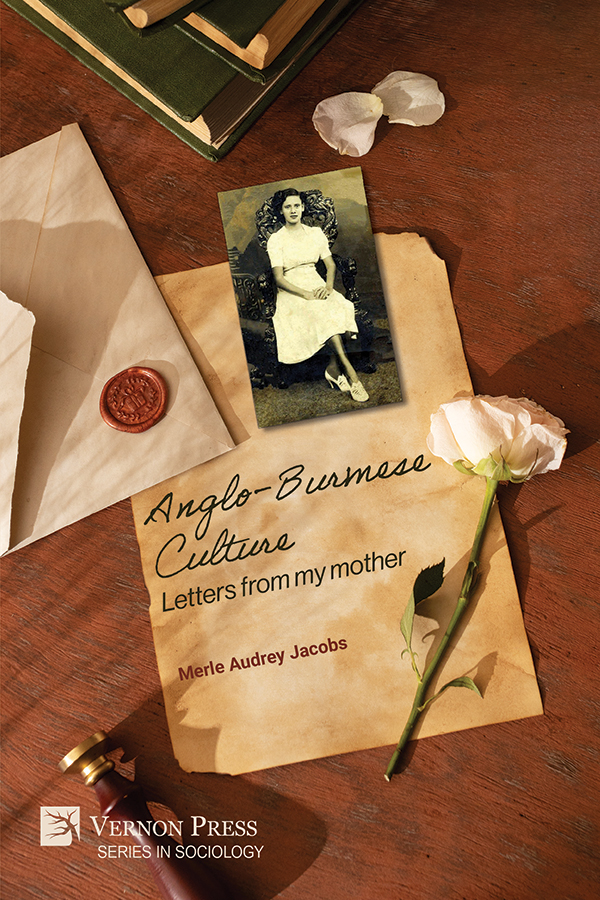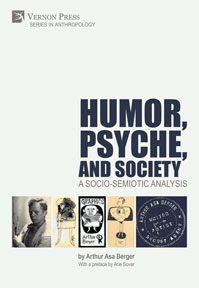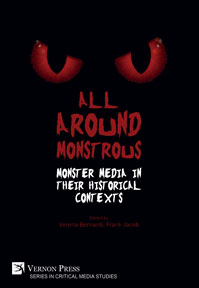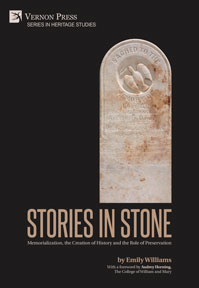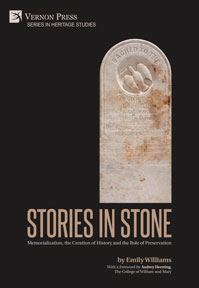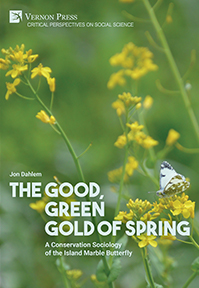Professor Merle Jacobs offers a unique and thought-provoking examination of Anglo-Burmese identity from a social science perspective. Her approach, which combines historical and cultural analysis with autoethnographic narratives, effectively illustrates the complexities of belonging and identity within the Anglo-Burmese community during the colonial period and in their later diasporic experiences. By incorporating diverse sources and viewpoints, Jacobs captures the intricate nature of this identity.
Prof. Dr. Fereydoon Rahmani
Department of Equity Studies
York University, Canada
Merle Jacobs delves into finding answers to questions of who are Anglo-Burmese? How complex and diverse is Anglo-Burmese culture, and finally if Anglo-Burmese culture is disappearing in diaspora? She extensively explores the diverse and complex multicultural, multiracial, and multi-religious facets of the Anglo-Burmese at home and in diaspora. Well aware of her vantage point as an Anglo-Burmese who spent most of her life in diaspora; and educated in Canada, Jacobs engages and negotiates with the lived experiences of the Anglo-Burmese depicted in their personal narratives and through academic texts, offering a new reading, hence a new knowledge into British colonialism and its influence on Burmese as peoples and their diverse racial, religious, and cultural diversities. Jacobs’ book will no doubt make a significant contribution to one of the most pressing issues today—the complexity in comprehending different diasporic cultures, the aging and the death of the first diasporic generations, the assimilations of the next generation into the host culture and sadly the disappearances of cultures in diaspora.
Prof. Dr. Minoo Derayeh
Department of Equity Studies
York University, Canada
Merle Jacobs has provided a window into the origin and history of the Anglo-Burmese people and culture and asks the question of whether it will survive. She brings life to the research by writing about her own family and friends and draws you into the story. My conclusion is that it is not just an objective academic work but is an interesting and personal story.
Dr. David Tsubouchi
B.A., J.D., LL.D., D.S.Litt., C.Dir.
Former Minister of Culture, Province of Ontario
This work, written for the Anglo-Burmese community, adopts an interpretive paradigm and delves into the complex markers of the Anglo-Burmese culture, a blend of British and Burmese influences during the colonial period. The community is primarily composed of individuals of mixed European and Asian ancestry who held privileged positions akin to those of the Anglo-Indians in India during the British colonial era. The community's development was influenced by British laws, values, and norms. It uses social science theories and methods in developing Anglo-Burmese culture and does not intend to be a book on unpacking British history. The work explores belonging as a fundamental human need that is crucial in shaping one's personal identity as an Anglo-Burman.
The book utilises various sources, including autoethnographic recollections, survey responses, open-source social media narratives, historical documents, and secondary accounts, to comprehensively understand Anglo-Burmese culture. Various groups, such as British colonialists, anthropologists, theologians, novelists, politicians, and historians, have contributed their perspectives, impacting the representation and documentation of mixed-race individuals in India and Burma during that time. The portrayal of mixed-race persons as half-caste and the intrigue surrounding interracial relationships were prevailing themes among those depicting the Anglo-Burmese and Anglo-Indian communities during the 19th century.
The process of Anglo-Burmese assimilation into British societal norms can be observed through the analysis of historical and political power dynamics, particularly with regard to education and religion in British Burma. This book constructs Anglo-Burmese culture from within the community. With a rich blend of Asian and European heritage infused with the values of British colonialism, the Anglo-Burmese culture has evolved into a truly unique and intriguing cultural phenomenon. The book offers an extensive study of this culture, shedding light on its customs, traditions, and way of life from their lived experience. The Anglo-Burmese community inhabited a distinctive liminal zone between the coloniser and the colonised. These details offer a wealth of insights into Burma's complex tapestry and the intricacies of race and colonial hegemony.
The Anglo-Burmese community's displacement to Western nations as a result of Burma’s independence, World War II and the Ne Win military regime had a significant influence on their cultural heritage and identity. With the gradual passing of the older generation of Anglo-Burmese in the diaspora, we will see their knowledge, practices, and customs that constitute the distinctive Anglo-Burmese culture being lost over time.
Dedication
List of figures
Acknowledgements
Foreword
L. A. Visano
Professor of Human Rights and Equity Studies, York University. Toronto. Canada
Introduction
Chapter 1 Burma and the Anglo-Burmese Community
Chapter 2 Who is an Anglo-Burman? What defines their culture?
Chapter 3 How European churches and schools shaped Anglo-Burman identity
Chapter 4 The Anglo-Burmese Family in Burma and in the diaspora
Chapter 5 Anglo-Burmese became a diaspora community: The Japanese-British war and the Ne Win’s military government.
Chapter 6 Letters from my mother: Can we find cultural understandings within these letters?
Chapter 7 The meaning of belonging and the Anglo-Burmese Community
Chapter 8 Will the Anglo-Burmese Community disappear?
Conclusion. Anglo-Burmans as a community
Bibliography
Index
Brought up in Burma within an Anglo-Burmese family, Merle Jacobs immigrated from Burma to Canada because of a military takeover. Jacobs joined the Branson Hospital School of Nursing, where, in her senior year became the class president. While in Nursing at North York Branson Hospital, she became a Nurse Manager in Mental Health and a psychotherapist.
She also worked at the Centre for Addiction and Mental Health. Society, Women and Health In-patient Unit, which dealt with women and trauma. Jacobs also served on several LAPS committees at York University as Chair, Sub-Committee on General Education, Committee on Curriculum, Curricular Policy and Standards, Tenure and Promotion Committee, a member of APPC, and LAPS Council Executive. At the University level she was a voting member of the Senate and also served on the Senate Tenure and Promotion Appeals Committee.
Her works include: 'The Cappuccino Principle: Health, Culture and Social Justice in the Workplace' (Ontario: de Sitter Publication, 2007), 'Women’s Work: Racism and Trauma' (Toronto: APF Press, 2008), 'Social Dislocation to Geographical Dislocation: Trauma & Resilience' (Ed)(Toronto, APF Press, 2015), 'Race In-Equity: Intersectionality, Social Determinants of Health, & Universal Rights' (2017), 'Health, Power, and Inequity: A Critical Analysis' (APF Press, 2024).
bell hooks and her work on Belonging, British colonization, biography and the migration experiences, interdisciplinarity, intersectionality, autobiography and ethnography, memories through storytelling, sources such as blogs, scholarly articles, Anglo-Burmese folklore, and my own personal experiences, the impacts of colonisation, WWII on Burma and the Anglo-Burmese community
Subjects
Sociology
Series
Series in Sociology
Related services
Find in a library near you Download HQ cover Find in Bookshop.org Find this title in AmazonSee also
Bibliographic Information
Book Title
Anglo-Burmese Culture: Letters from my mother
ISBN
979-8-8819-0209-4
Edition
1st
Number of pages
284
Physical size
236mm x 160mm

